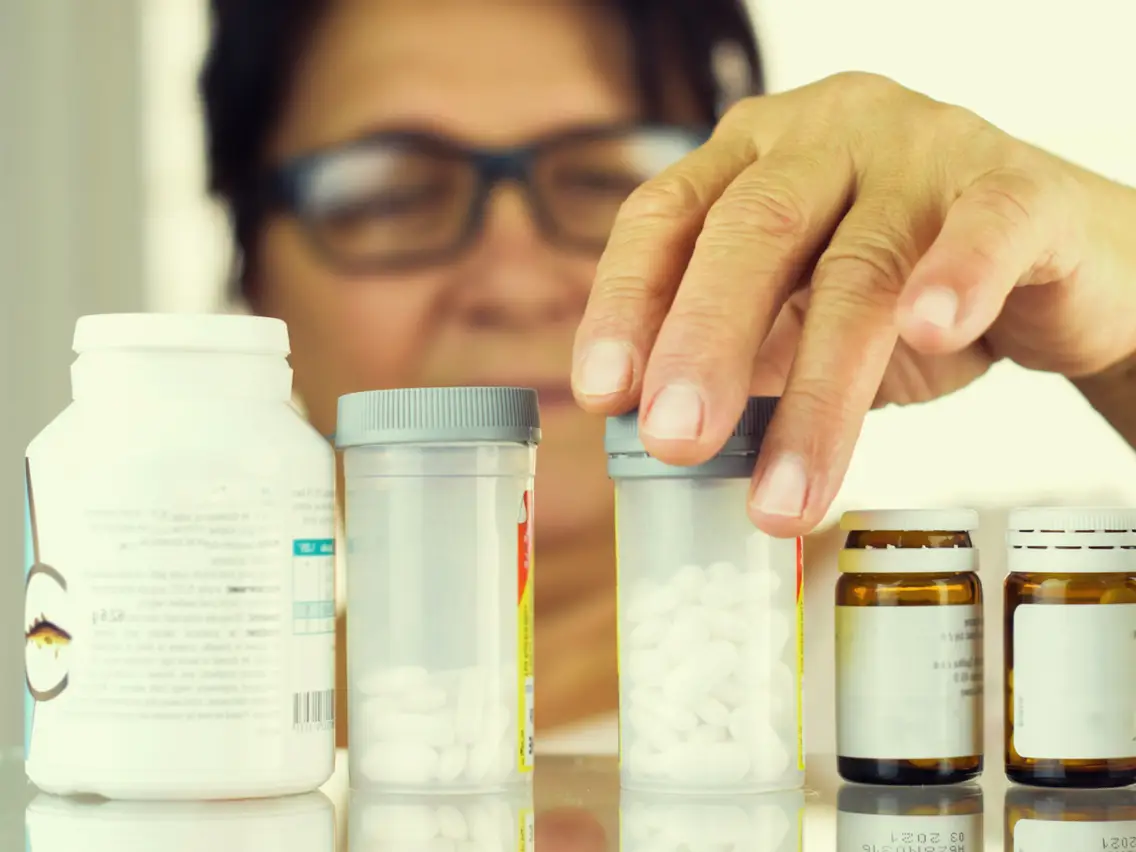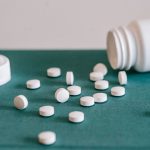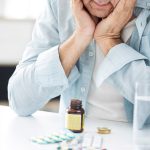
Key facts
- When the chemicals in medicines breakdown, they can become dangerous.
- All medicines (including tablets, creams, liquids and others) display their expiry date on their packaging.
- Don’t keep unused medicines past their expiry dates.
- Take expired medicines to a pharmacy for safe disposal.
- Throwing away unwanted medicines in the bin or by flushing down the toilet is dangerous to others, and harmful to the environment.
What is an out-of-date medicine?
All medications have an expiry date. The expiry date is the point in time when the medication will no longer be as effective as it should be. Medicines should not be used past their expiry date. This includes prescribed as well as over-the-counter (OTC) medicines.
Expiry dates can vary widely between different medicines and different forms of medicine. For example, dry tablets are likely to have a later expiry date than liquids. It doesn’t matter what form your medicine is in, all medicines expire, including patches, creams, lotions, ointments, liquids, injections and tablets.
The law states that each medicine’s expiry date must be written on the packaging. You might find it underneath a label, on the lid of a bottle or at the end of a tube of cream. If you can’t find it, ask your pharmacist for help.
Why do medicines expire?
Medicines lose their effectiveness over time because they are made up of chemicals that break down as time passes. They may also become dangerous due to a change in their chemical make-up. Taking old medicines can cause harm, or even be fatal, especially if you are taking them for a serious health condition.
Which medicines do I need watch out for?
All medicines expire, but you need to be particularly careful with certain medicines for serious medical conditions such as:
- EpiPen for the treatment of severe allergic reaction
- glyceryl trinitrate or GTN for angina and chest pain
- insulin for diabetes
Compounded medicines usually expire quicker than other medicines, usually 28 days or less and never longer than 6 months. Be extra careful to store compounded medicines according to your pharmacist’s instructions, as they can be particularly sensitive to conditions such as high temperatures.
Eye drops also have strict expiry dates. Like all medicines, eye drops become less effective when they are out-of-date, but eye drops have the extra complication of becoming more easily contaminated with bacteria. A general rule is to never use eye drops after their expiry date, and to throw them out 30 days after you’ve opened them, even if it is before the expiry date.
What is the safest way to store my medicines?
For your medications to stay effective until the expiry date, you need to store them properly. Different medicines need different storage conditions. Always follow the instructions on the packaging, which might include storage below 25°C, in a dark place or in the refrigerator at about 4°C. Ask your pharmacist how to store each medicine when you purchase it from the pharmacy. This is true for prescribed and over-the-counter medicines.
All medicines (including patches, creams, lotions, ointments, liquids, injections and tablets) should be locked away and kept out of children’s reach.
If you take several medicines or have a complex health condition, it is a good idea to have your medicines reviewed every 6 to 12 months. Talk to your GP or pharmacist about a Home Medicines Review.
What do I do if I have been taking expired medicines?
If you discover that you have been taking expired medication, talk to your pharmacist or your doctor. You might need to get a fresh, fully active batch.
How can I safely dispose of my expired or unused medicines?
It’s a good idea to check all of your medicines regularly and safely dispose of any that are out of date or that you no longer need. Your local pharmacy provides a free and convenient way to dispose of your unwanted or expired medicines responsibly. Flushing them down the toilet or putting them in a rubbish bin can be dangerous, and can harm the environment.
Over-the-counter and prescription medicines, gels, creams, liquids, herbal or complementary supplements and pet medicines can all be returned for free, safe disposal at the pharmacy.



